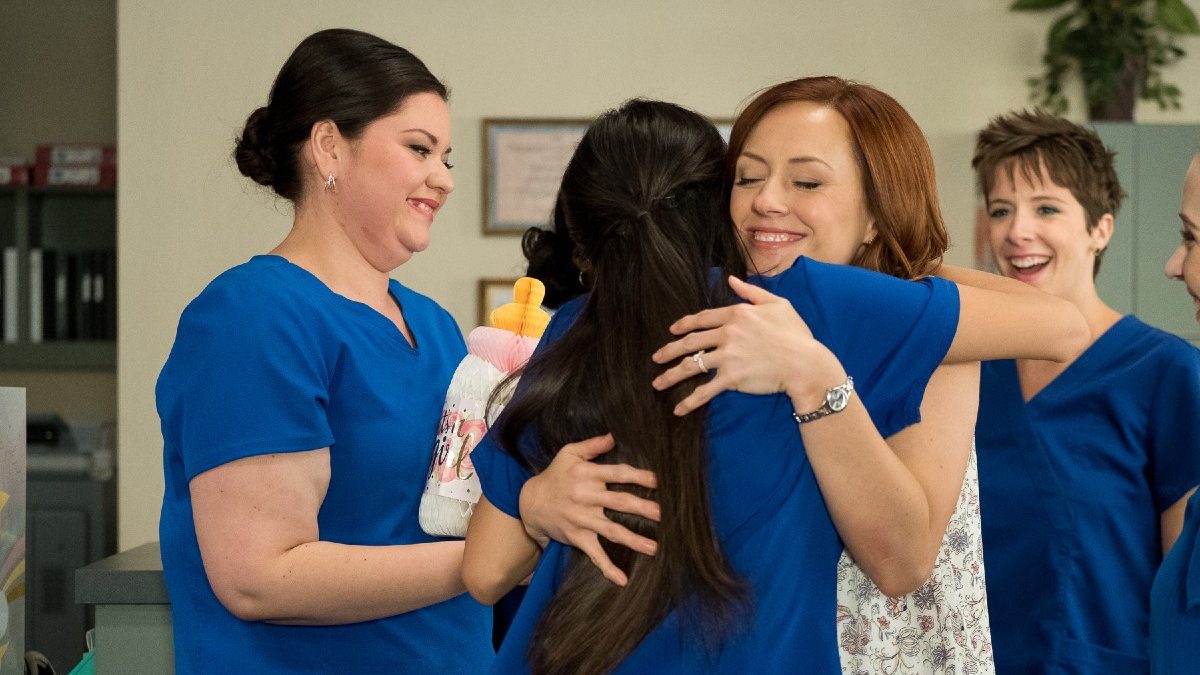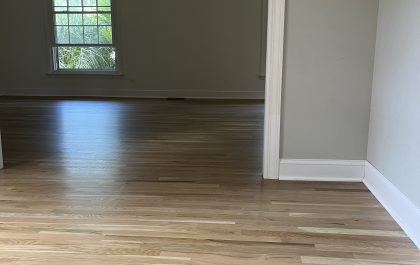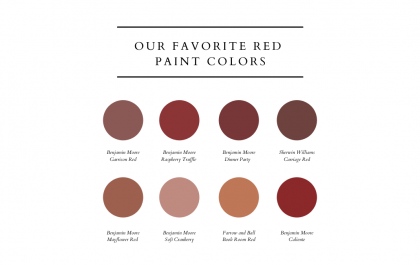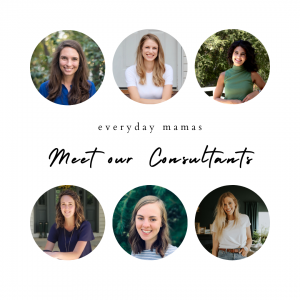image credit: Unplanned Film
Ashley Bratcher, lead actress in the recent film Unplanned, took to her personal Instagram page on April 1 to reveal something that made her involvement in the pro-life film come full circle.
Captioned under a picture of her with her nine-year-old son, she writes that she was once “a very young, struggling, unwed, jobless mother.”
In the film, Bratcher plays Abby Johnson, formerly the youngest director of a Planned Parenthood clinic who oversaw 22,000 abortions before witnessing the termination of a 13-week-old baby that changed her opinion on abortion. After that, Johnson quit and she eventually became one of the biggest pro-life advocates in the nation.
At Planned Parenthood, Johnson saw tens of thousands of women in Bratcher’s shoes; Bratcher says that when she and her then boyfriend found out she was pregnant, they “could barely make ends meet” and they felt incredibly challenged.
But interestingly, she also says that ultimately, they felt “empowered.”
So often, we hear that word thrown around. Many times, it’s in the context of an argument like this: abortion frees women, which empowers them; empowered women succeed, therefore, abortion helps women succeed.
This argument whispers into the ears of young women and men that they are not strong enough. It flows stealthily in the undercurrent of our culture, reinforcing the myth that women can only be successful if they become like men, and men don’t have to deal with pregnancy and birth. It masquerades as a helpful truth, as a way to provide aid and ultimately to help women in crisis.
With this in mind, it’s no wonder that many defend abortion as a necessary and important choice. But if one becomes “empowered” by abortion, what about the women who choose motherhood? What is to be said of those who choose to place their unplanned babies in loving homes?
Ashley Bratcher herself was almost aborted. She found this out in the middle of filming Unplanned; her mother called her and told her when she found out about the role, and Bratcher had never heard this before.
She had never known that her own life was spared because of her mother’s courage, because of her mother’s ability to see beyond the trope that “abortion empowers women” to what empowerment might be waiting for her in the face of a beautiful baby girl.
Frederica Mathewes-Green of Feminists for Life of America once said: “No woman wants an abortion as she wants an ice cream cone or a Porsche. She wants an abortion as an animal caught in a trap wants to gnaw off its own leg.”
We heard the #ShoutYourAbortion narrative, which read like breaking free from a trap. But slowly, steadily, cautiously, women like Ashley and her mother before her are starting to find their voice too.
Women who stood toe to toe with a decision, felt the tide of courage swell in their souls, are sharing how they said, “No.” No, I do not need abortion to be empowered. No, I do not need an abortion to be successful. No, I do not need abortion to be free.
Bratcher feels that keeping her baby empowered her because in having their son, she and her husband learned “to love unconditionally …[and that] the best things in life are worth fighting for.”
If we are truly seeking a way to help women, we not only need to support them in their time of crisis and beyond; we also need to lift up brave women like Ashley, and share their stories far and wide. Because as more and more women like Ashley—women like Sarah, Abby, Alexa, Star, Anna, and Monica— open their hearts about their unplanned pregnancies, the conversation is changing.
These women are sharing how choosing life and choosing motherhood has, though difficult, empowered them, and they are weaving webs of support for others in crisis pregnancy situations. Hearing that you are not alone, caught in a trap only levied by abortion, is curating a culture of true strength, of true empowerment.
These mothers are helping women at the crossroad of choice to see through the fear that leads them to a cold table in a dark clinic. These testimonies are helping post-abortive women network to work through the lies they were fed.
These stories are helping women envision life with a child, life with another child, life in an open adoption, life after adoption. And through these stories, programs and support networks that aid those in need are moving to the forefront.
Ashley Bratcher is spearheading the My Unplanned Story initiative (#myunplannedstory) and giving women a platform to share the beauty and empowerment of choosing life when it is most difficult to do so. May these stories help women know the truth: we are truly strong, we are truly capable, and we don’t need abortion to empower us.
Gabby Kewell
Related posts
Recent Posts
Flooring Renovation: Asbestos Removal and Choosing the Perfect Floor Stain
We finally completed the renovation of our first-floor flooring, and like most renovations, it was a bit more involved than we initially hoped for. When we bought the house three years ago, we knew the…
Roses are red: 8 beautiful shades of a paint color you might not realize you love
Lots of us love blues, greens, whites, and greys. And if neutrals are more your thing, you might think you need to stay far away from a color like red. But we think it’s worth…





